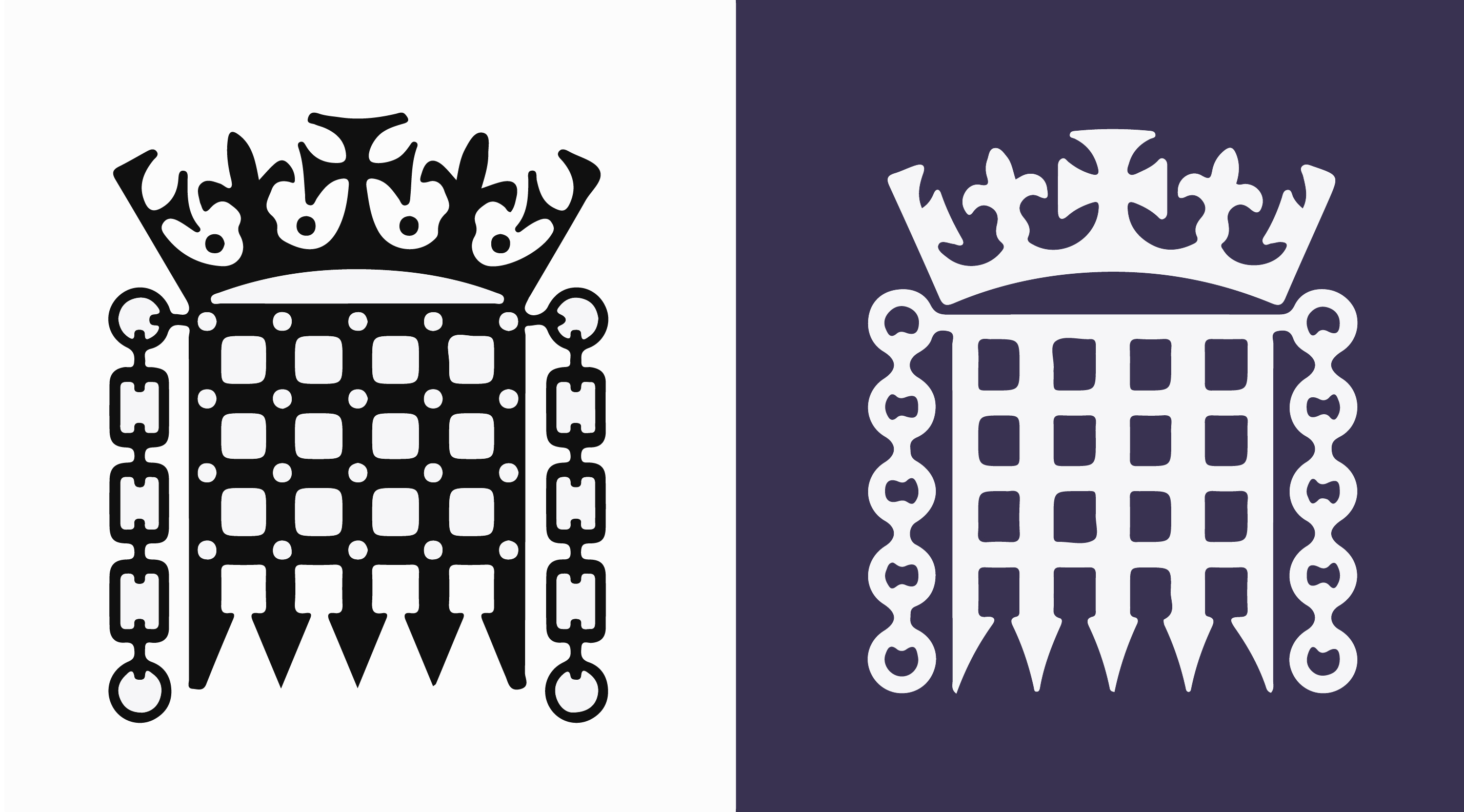It wasn’t that long ago that no one had heard of influencer marketing – but now it’s a term on everybody’s lips. In a recent blog by Add to Cart, they explored what influencer marketing actually is, and how you can use it to boost your business. Here, we’ll look at some statistics which show exactly how this new form of engagement is shaping the future of commerce in the UK.
One of the most crucial elements of influencer marketing, it seems, is trust. According to reports, customers are more than twice as likely to trust the reviews of people that they follow on social media over the marketing on a company’s own website. In other words, if you can convince a popular influencer to plug your products, you’re sure to experience an increase in loyalty to your brand.
Do bear in mind, though, that such faith is limited. In fact, according to a recent poll, less than 7% of respondents said that they would trust social media users to give an honest review of a product. And while that number increases with older age groups, specifically those between 55 and 64, it also decreases among the younger, more tech-savvy crowd.
Despite these relatively low figures, though, influencer marketing remains big business. And in 2021 the industry is expected to be worth a staggering $13 billion across the globe. With money like this involved, it should come as no surprise that there are plenty of people wanting in on the act. According to research conducted by Micro Biz Magazine, online searches for the term “influencer marketing” increased by 400% between January 2016 and January 2021. Moreover, every month, almost 5,500 people are searching “how to be an influencer” – clearly, the idea of making money with little more than a popular Instagram account is an appealing prospect.
With influencer marketing, though, what you see isn’t always what you get. In a competitive market, some individuals seek to boost their profile by purchasing fake followers and likes, an unscrupulous practice designed to make them look more popular (and influential) than they really are. According to Micro Biz Magazine, there were an average 21,500 searches every month for the term “Buy Instagram follower” in 2021 – closely followed by “Buy Twitter followers” and “Buy TikTok followers.
So with trust in influencers worryingly low – and many of them inflating their own profiles with false followers and likes – is it really worth splashing out on this form of marketing? Well, it can be – it’s all down to finding the right partnership. If you can connect with a genuinely successful influencer with a passion for your product, you’re on track for an incredibly successful marketing campaign. But watch out for all the potential pitfalls, or you could end up falling into a money pit.



